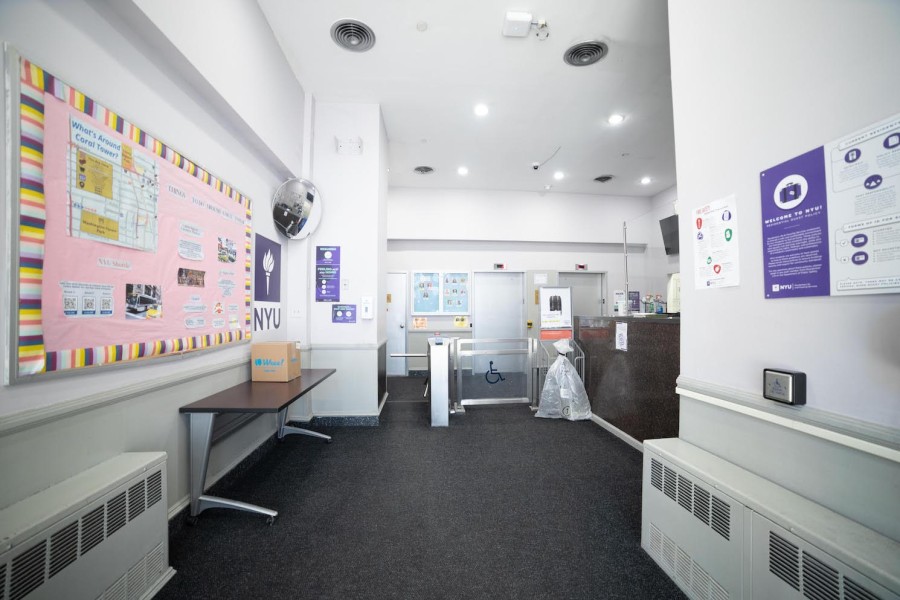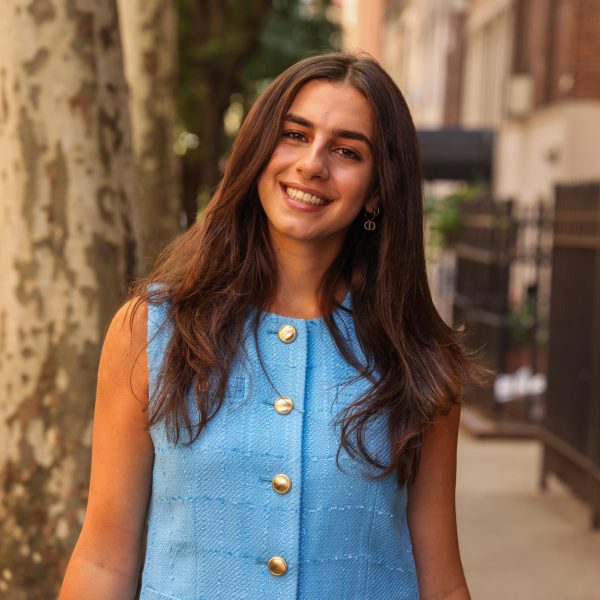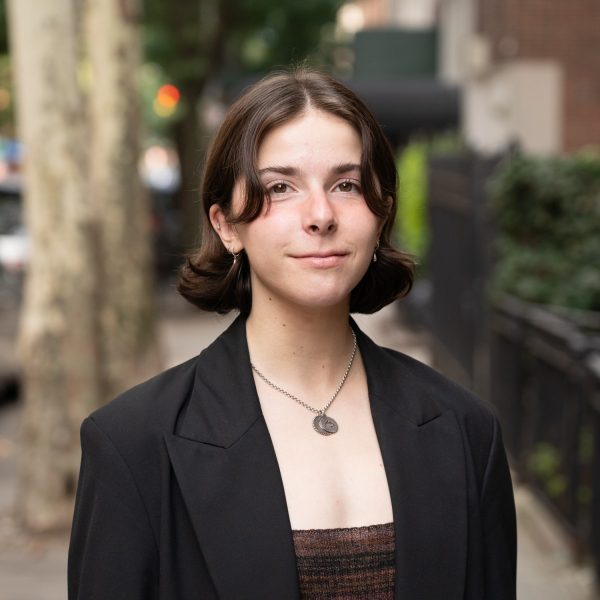NYU drops rule preventing dorm RAs from speaking to media
Residential life administrators announced that a rule restricting RAs from speaking to the media without university guidance will be lifted, and that the student workers will be more included in conversations about residence hall security.
File photo: Coral Tower, an NYU residence hall, is located at the northeast corner of the intersection between East 14th Street and Third Avenue. (Samson Tu for WSN)
February 28, 2023
NYU administrators in charge of housing agreed to make changes to the guidelines resident assistants must follow days after they called for better safety training and the removal of a rule restricting their communication with media outlets. The no-media rule will soon be lifted, and RAs will have more representation in conversations about residence hall safety protocols.
The “gag order” on speaking with media publications was meant to protect student information in accordance with federal privacy laws, and was not meant to be retaliatory, according to a Friday evening email to RAs from Kate Baier, executive director of the Residential Life office. The rule, as it is printed in the most recent RA guidelines, required the student employees to speak with a supervisor before commenting on residential life policies and to go through the university public affairs office prior to speaking to media organizations, including student publications.
Last November, when an intruder evaded security, jumped a turnstile and entered Lafayette Hall, a student working at the dorm resource center — not an RA at the time — wrote to WSN about the incident. Within an hour, the student, Emma Burstein, received an email from her supervisor asking about her decision to write in and reminding her of the no-media policy, which also applied to student workers at dorms in non-RA positions.
“I am very glad that we as students and humans, aside from this role, are able to speak about what we want to speak about,” said Burstein, who is now an RA at the residence hall located within NYU’s newly opened Paulson Center building. “I don’t want to be going out and saying things about student privacy or breaking rules, and I don’t think we ever were going to, so I am glad they got rid of that restriction that was just about talking about housing policy.”
RAs already undergo training to ensure that they follow the Family Educational Rights & Privacy Act, a law written to protect information relating to student education records from being disclosed. Now that the RA media communication rule will no longer be imposed, the university will look for other ways to ensure that student privacy laws are followed by RAs, according to spokesperson John Beckman, who disputed that the original rule was a “gag order” — the term used in the petition to describe the policy.
“There was a guideline for RAs with respect to consulting a supervisor before speaking to the media that was put in place to ensure, in accordance with federal privacy laws, that student-specific information was not shared publicly,” Beckman said. “The purpose of the guideline was misconstrued and a source of some consternation among some RAs.”
In any given academic year, around 250 students work as RAs across all 20 of NYU’s undergraduate residence halls. Among their responsibilities are resolving conflicts between residents, planning activities, keeping track of rule violations, responding to emergencies before the arrival of a medical professional and working in residence hall resource centers.
The university gives RAs a grant that covers the costs of housing and dining on campus, but does not pay them wages for their work. Though the withdrawal of the no-media rule is a first victory, other concerns raised by RAs relating to their compensation and working conditions are yet to be resolved.
RAs undergo training for active threats on campus, residence hall fires, sexual assault incidents and other potentially dangerous or sensitive issues they may encounter on the job. After a campuswide review of dorm security spurred by a string of intruder incidents in the fall semester, the university bolstered its residence hall security protocols and improved communications about intruder incidents with RAs in affected buildings.
The review also prompted the scheduling of extra Campus Safety officer shifts at Lafayette Hall, Palladium residence hall, Third Avenue North and Weinstein Hall, as well as the installation of 25 new cameras, which will be in place by the end of March, according to Baier. It also established a task force to continue addressing residence hall safety issues. Baier said a member of the RA Council, which represents RAs and dorm resource center workers, will be invited.
Aurelio Cristini, an RA at Alumni Hall, found the existing safety trainings, which are both online and in person, useful, but said they would like to see more guidance on how to address sensitive topics such as sexual assault. They said that they hope there is more clarification from residential life about what their responsibilities are in the future.
“We weren’t really adequately warned before those things came up and we had some really triggering stuff just thrown at us,” Cristini said. “There have also been some aspects where we were told to handle something and it is kind of a gray area between whether we should handle it.”
Contact Adrianna Nehme and Carmo Moniz at [email protected].

























































































































































